The Updated List of Facebook Messenger Chatbot Tools for 2019
— March 26, 2019
Facebook Messenger chatbot tools have exploded onto the tech scene in the past two years.
As with many cutting-edge startups, some have fallen and others have risen to take their place.
Discover the unicorn chatbot tools that are dominating the industry in 2019.
1. MobileMonkey

MobileMonkey is the AI chatbot tool that I founded in 2017 with a focus on Facebook Messenger. MobileMonkey offers a suite of Facebook chatbot features such as chat blasting, comment guard, and a wizard for easily creating click-to-messenger ads.
2. BotKit
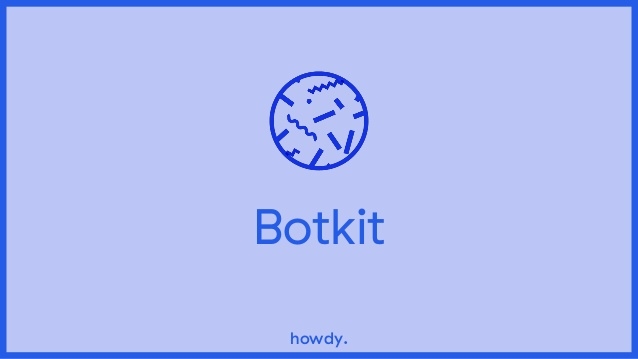
Botkit is a chatbot tool that allows programmers to build apps using Node.js. Botkit bots can be configured for many applications including the Facebook API. Botkit is a platform for developers, so if coding isn’t your thing, then you may want to consider a different Facebook Messenger chatbot tool.
3. BotMock

This platform allows you to design chatbot prototypes and mockups for Facebook Messenger. BotMock’s Conversation Builder is a drag and drop editor that allows teams to create customer journeys.
4. Botsify
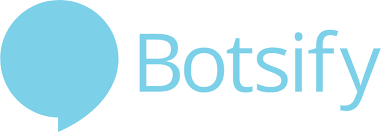
Botsify is an AI chatbot tool that allows you to build website chatbots, Slack chatbots, or Facebook Messenger chatbots. Botsify’s platform focuses mostly on customer support issues.
5. Botsociety

Botsociety is a chatbot prototype creator. It distinguishes itself with a focus on voice experiences. Users can create Alexa skills, Slack apps, Messenger bots, Google Assistant bots, and other types of bots on the platform. To implement the chatbot prototypes you’ve designed, you’ll need the skills of developers.
6. ChatterOn

ChtterOn is an AI platform that allows users to develop chatbots without coding. They currently have 20 pre-built customizable chatbots. A unique angle of ChatterOn’s approach is the ability to monetize chatbots by adding contextual advertising from Radbots.
7. Conversable

Conversable was recently acquired by LivePerson, an AI-powered conversational commerce platform. Conversable remains a standalone chatbot tool for creating automated messaging and voice experiences on Facebook Messenger, Twitter, Alexa, and other platforms.
8. Converse.ai

Converse.ai offers a wide suite of integrations, including Slack, Messenger, Smooth, Nexmo, and others. Although their platform is somewhat more complex than most, it does offer a suite of options and several quick start templates.
9. DialogFlow

DialogFlow positions itself as the platform for building “natural and rich conversational experiences.” In addition to Facebook Messenger, their integrations include Google Assistant, Amazon Alexa, Cortana, and others. Because of its focus on natural language processing (NLP), the setup and training for DialogFlow can take a bit longer.
10. Engati

Engati allows for code-free chatbot creation and supports Messenger, Kik, Telegram, Slack, and several other platforms. In addition to easy chatbot creation, Engati users can also take advantage of machine learning and NLP in the development of their chatbots. Most of Engati’s clients are in fintech and banking industry.
11. Flow XO

Flow XO’s has two primary features — chatbots and workflows. Workflows involve a trigger action (such as a new Buffer post) and a corresponding response (for example, adding a log of the post to a Google Sheet and firing off an email to an Office365 account). Flow XO’s chatbot creator works with Facebook Messenger, Slack, Twilio, SMS, and Telegram.
12. ItsAlive

ItsAlive is a chatbot tool exclusively for Facebook Messenger chatbots. The platform allows you to build conversations, broadcast messages, and hand over to a human operator. ItsAlive distinguishes itself from most chatbot SaaS products by offering turnkey chatbot creation services from ideation to implementation.
13. Octane AI
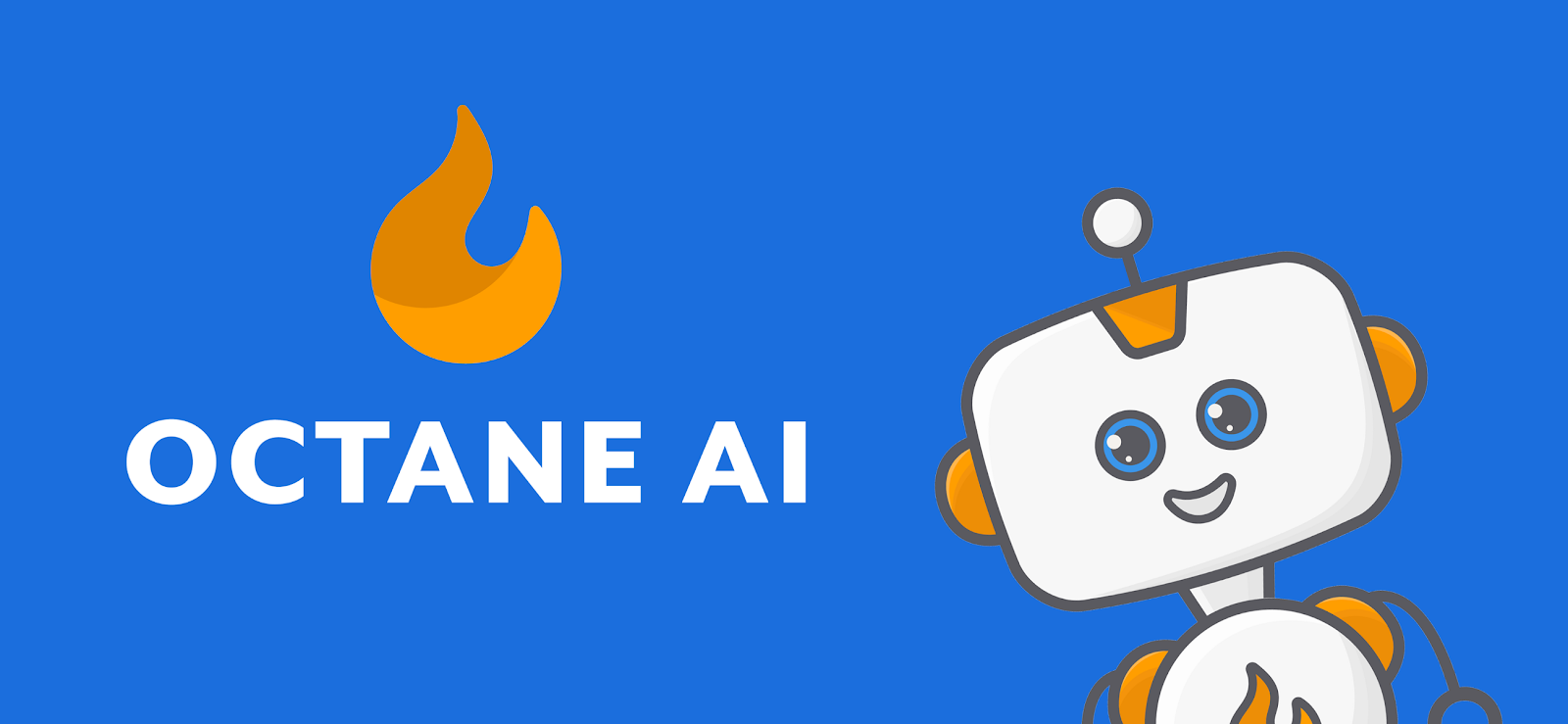
Octane AI is a Facebook Messenger chatbot tool that focuses on ecommerce chatbots, primarily Shopify stores. Their chatbots are designed to track orders, prevent shopping cart abandonment, and understand customer behavior. With Octane AI, users can create popups to grow their subscriber list, answer customer questions, and provide Messenger reminders about abandoned carts.
14. Pandorabots
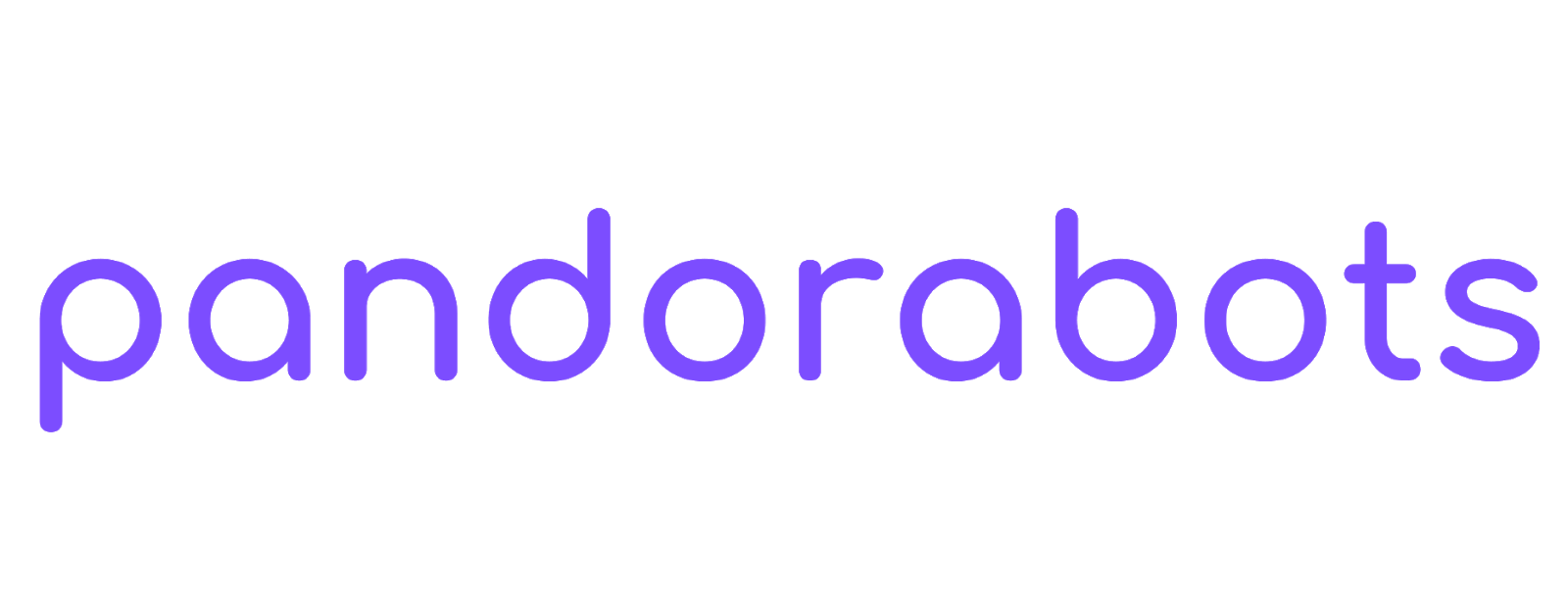
Pandorabots describes its focus as building “intelligent conversational agents” including Facebook Messenger chatbots. Creating the chatbots involves programming in AIML (Artificial Intelligent Mark-up Language). Because of the time and expertise required for learning AIML and deploying a custom chatbot, Pandarobots offers their customers turnkey chatbot development services.
15. Pypestream

Pypestream’s chatbots are primarily geared towards customer service. The company focuses on enterprise-level clients that want advanced chatbot features such as machine learning and NLP.
16. Reply.ai
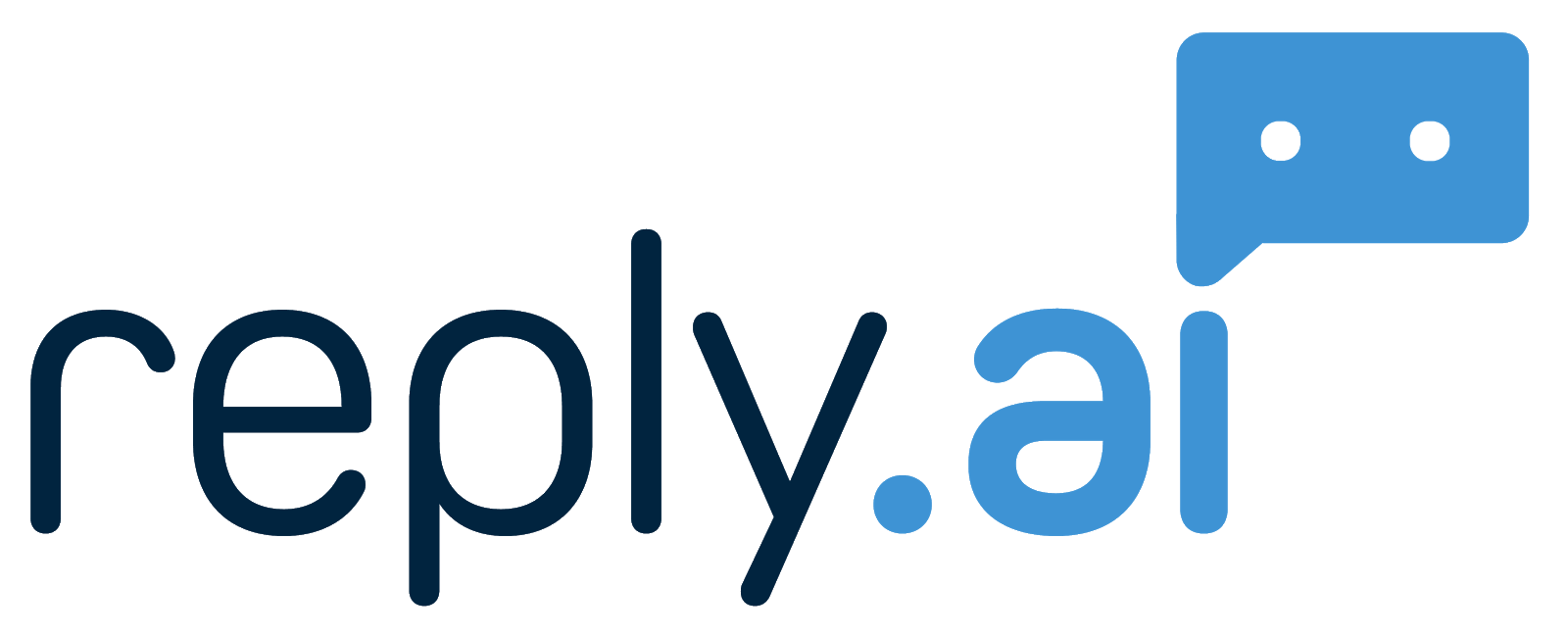
Reply.ai is an enterprise bot platform. It works with most major messaging platforms including Facebook Messenger, Telegram, and KIK. Although Reply.ai requires backend coding and development in order to create the chatbot itself, users can create chatbot flows in a visual bot builder.
17. Sequel
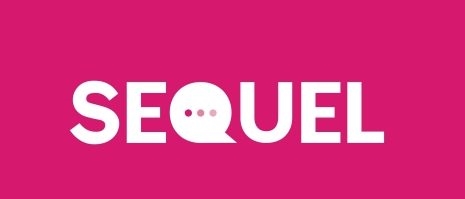
Sequel’s chatbot creation platform is focused on entertainment, storytelling, and gaming. It works with Facebook Messenger, Kik, Viber, and Telegram. They market the product to journalists, celebrities, influencers, and game creators.
18. WP-Chatbot
WP-Chatbot is the most straightforward and easiest chatbot tools for adding a Facebook Messenger widget to a website. Since most websites use the WordPress platform, this tool is invaluable for millions of businesses. Using the plugin, it’s possible to have Facebook Messenger chat capabilities up and running on a website in a matter of minutes.
The Facebook Messenger chatbot industry is fluctuating wildly right now. By the time I publish this article, some of these chatbot tools may have folded, been acquired, or changed their focus.
With so many Facebook Messenger tools, how do you choose?
In order to figure out tool is right for you, consider two things: how you’re going to use the chatbot for, and your coding savy.
How will you use the chatbot?
Some businesses want natural language processing and machine-learning chatbots — if that’s your goal, you’ll want to select a platform that supports these features.
Keep in mind that creating chatbots like this take time and expertise.
If you’re looking for more of a customer support platform or marketing tool, you can be up and running within just a few minutes.
How are your coding skills?
If you’re not a developer, don’t worry.
Many of today’s chatbot builders are code-free, allowing you to drag and drop sequences and deploy your chatbot with ease.
Keep in mind that you may want to test several Facebook Messenger chatbot tools before making your final decision.
Many of the platforms listed above have a free plan that will give you enough working knowledge of the tool to make an informed decision.
Originally Published on Inc.com
Digital & Social Articles on Business 2 Community
(89)



